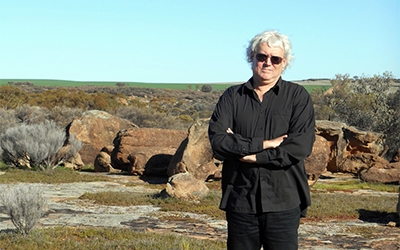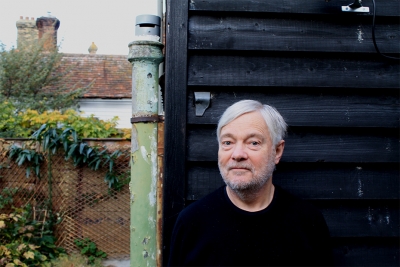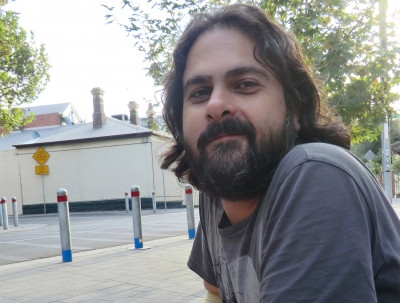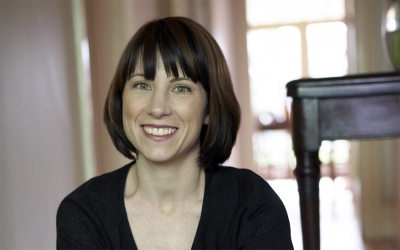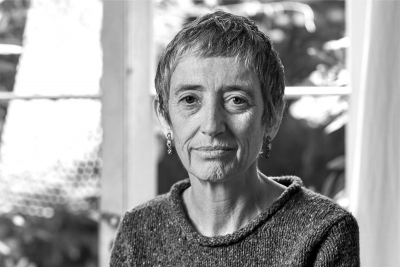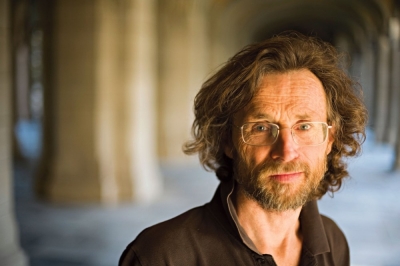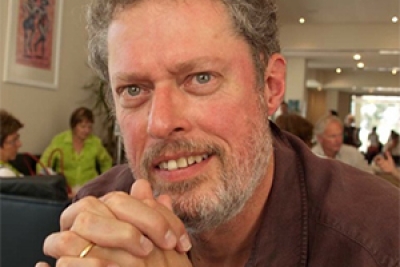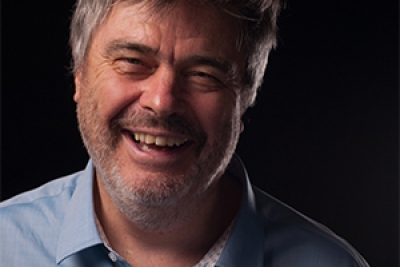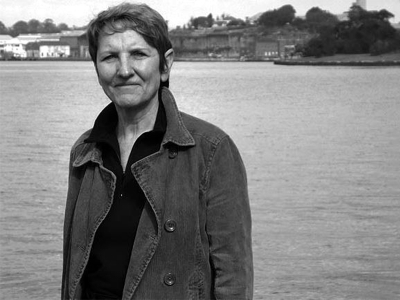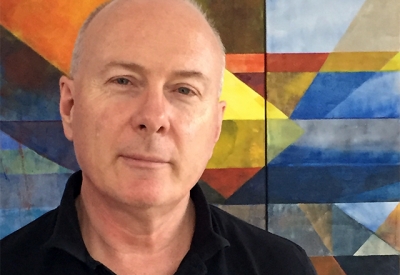Poet of the Month
John Kinsella is the author of over forty books. His most recent publications include the novel Lucida Intervalla (UWA Publishing 2018), Open Door (UWA Publishing, 2018), and Supervivid Depastoralism (Vagabond, 2021). His poetry collections have won a variety of awards, including the Prime Minister’s Literary Award for Poetry and the Christopher Brennan Award for Poetry. His volumes of stories include Crow’s Breath (Transit Lounge, 2015), Anarchy in the Avon Valley (Liverpool University Press, 2010) and Polysituatedness (Manchester University Press, 2017). He is a Fellow of Churchill College, Cambridge University, and Professor of Literature and Environment at Curtin University. With Tracy Ryan he is the co-editor of The Fremantle Press Anthology of Western Australian Poetry (2017). He lives with his family in the Western Australian wheatbelt.
... (read more)I’ve been fortunate enough to talk to a number of older poets, many of whom are no longer with us. I count myself fortunate to have met poets such as Carl Rakosi, Gael Turnbull, Ed Dorn, Jonathan Williams, Lee Harwood, and Tom Raworth. If I could use a time machine, I’d like to talk to William Carlos Williams, especially about the radical work he produced in the 1920s.
... (read more)In the first review of my poetry, I discovered that my writing was ‘headache-inducing’ and ‘best avoided’. I was pleased that my book had at least caused a headache for that sinister reviewer! Over the years, though, even hysterically negative reviews – and, boy, do I attract them! – don’t excite or bother me too much. The best thing I’ve got from a review is knowing that there are readers who pay attention to a book’s composition, to the labour that I’ve put into producing the thing.
... (read more)It is strangely moving to learn how a reader thinks about something I’ve written. Mostly, I’ve been lucky to have reviewers who crystallise, for me, some pattern in my thinking or inchoate hope for the work. It helps me to start something new. I learn as much, perhaps, from reviews of other people’s work – other approaches, a sense of connection.
... (read more)A bit of space and peace are good for writing poetry. I like to feel warm, so a small electric heater should be blowing on my ankles.
... (read more)Hours on each line, weeks on a stanza, months on the whole poem, but with long breaks between. Most poets spend most of their time not writing poetry, and it has to be this way.
... (read more)You learn very different things from different poets, from formal aspects, some of them minute, to whole revelations about what a poem might be. This is always developing, and influences tend to come in waves or moments, with anthologies and magazines, subcultures ...
... (read more)I work for an outfit called Narrative Verse in English, our company founder being a man called Geoff, Geoff Chaucer. After him it’s up for grabs, though given what I write, Pope, Byron, Browning. Clough, Meredith, Frost, and Kenneth Koch rate very highly ...
... (read more)ABR: Which poets have most influenced you? PB: Influence is transient – it changes all the time. I can’t always pinpoint it directly or say which poets might be most influential on my poems. From the mid-1960s I read everything – the French, the Dadaists, the Eastern Europeans, Vladimir Mayakovsky. Gertrude Stein reigned supreme for me ...
... (read more)Which poets have most influenced you? In the 1980s I read Emily Dickinson’s poetry intensively, and I suspect that her superbly compressed work is ingrained within me. In late adolescence I loved the musicality of W.B. Yeats, and later I grew to admire W.H. Auden’s complexities and clarity. I dwelt for a while in the evocations of New Zealander Lauris Edmond. Recently, I have been reading the tensile work of Tusiata Avia with great enjoyment. Many Australian poets, including Judith Wright and Rosemary Dobson, have influenced my writing.
... (read more)
